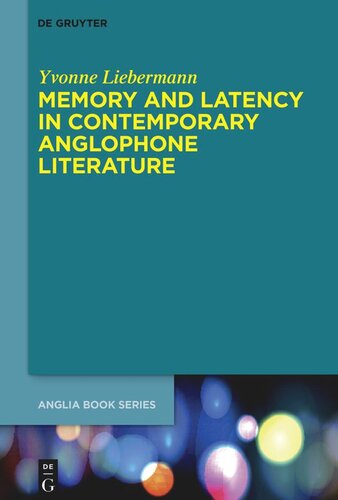

Most ebook files are in PDF format, so you can easily read them using various software such as Foxit Reader or directly on the Google Chrome browser.
Some ebook files are released by publishers in other formats such as .awz, .mobi, .epub, .fb2, etc. You may need to install specific software to read these formats on mobile/PC, such as Calibre.
Please read the tutorial at this link: https://ebookbell.com/faq
We offer FREE conversion to the popular formats you request; however, this may take some time. Therefore, right after payment, please email us, and we will try to provide the service as quickly as possible.
For some exceptional file formats or broken links (if any), please refrain from opening any disputes. Instead, email us first, and we will try to assist within a maximum of 6 hours.
EbookBell Team

4.0
6 reviewsUp until fairly recently, memory used to be mainly considered within the frames of the nation and related mechanisms of group identity. Building on mechanisms of inclusion and exclusion, this form of memory focused on the event as a central category of meaning making. Taking its cue from a number of Anglophone novels, this book examines the indeterminate traces of memories in literary texts that are not overtly concerned with memory but still latently informed by the past. More concretely, it analyzes novels that do not directly address memories and do not focus on the event as a central meaning making category. Relegating memory to the realm of the latent, that is the not-directly-graspable dimensions of a text, the novels that this book analyses withdraw from overt memory discourses and create new ways of re-membering that refigure the temporal tripartite of past, present and future and negotiate what is ‘memorable’ in the first place. Combining the analysis of the novels’ overall structure with close readings of selected passages, this book links latency as a mode of memory with the productive agency of formal literary devices that work both on the micro and macro level, activating readers to challenge their learned ways of reading for memory.